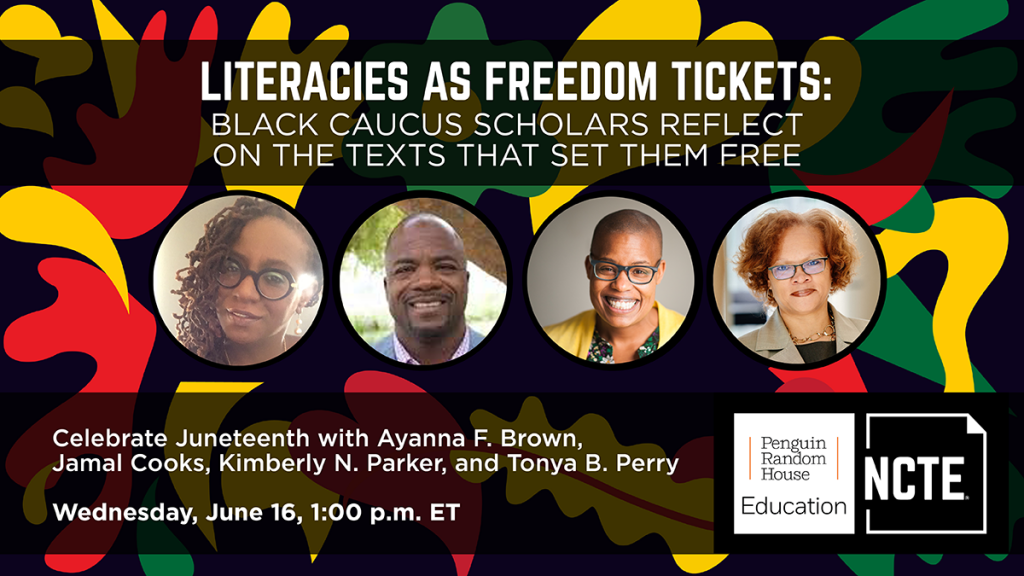“[W]hat does it all mean beyond a glad noise for Juneteenth Day?
What does freedom, what does emancipation mean?”—Ralph Ellison, Juneteenth (p. 137)
Juneteenth, also known as Freedom Day, began on June 19, 1865, when the delayed news of emancipation was received by persons held in slavery in Galveston, Texas—long after an executive proclamation, the legislative crafting of a 13th Amendment, and the end of a Civil War had deemed it so.
On that day, Logan Stroud, one of the largest slave-owners in east Texas, walked to the front porch of his plantation home, which he called Pleasant Retreat. More than 150 of his enslaved workers gathered around to listen. He pulled out and read a dispatch from U.S. Major Gen Gorden Granger—General Order Number 3—issued that very morning in Galveston from the Union Army’s Texas headquarters. The featured image is of the home of Logan Stroud.
The National Juneteenth Observance Foundation describes the observance of Juneteenth as being “about the journey and achievement of African Americans—from a horrific period of sanctioned enslavement to the pinnacle of human endeavors.”
The Library of Congress’s “Voices from the Days of Slavery” presentation contains several interviews with former enslaved Texans. This blog post from the Library profiles several of those stories.
Looking for additional resources? Check out this compilation from NCTE from 2020.
What happened on that front porch in Limestone County, Texas on June 19, 1865 marked the end of an era and the beginning of the celebrations of Juneteenth.
Curious about the NCTE and Library of Congress connection? Through a grant announced by NCTE Executive Director Emily Kirkpatrick, NCTE is engaged in new ongoing work with the Library of Congress, and “will connect the ELA community with the Library of Congress to expand the use of primary sources in teaching.” Stay tuned for more throughout the year!
It is the policy of NCTE in all publications, including the Literacy & NCTE blog, to provide a forum for the open discussion of ideas concerning the content and the teaching of English and the language arts. Publicity accorded to any particular point of view does not imply endorsement by the Executive Committee, the Board of Directors, the staff, or the membership at large, except in announcements of policy, where such endorsement is clearly specified.


